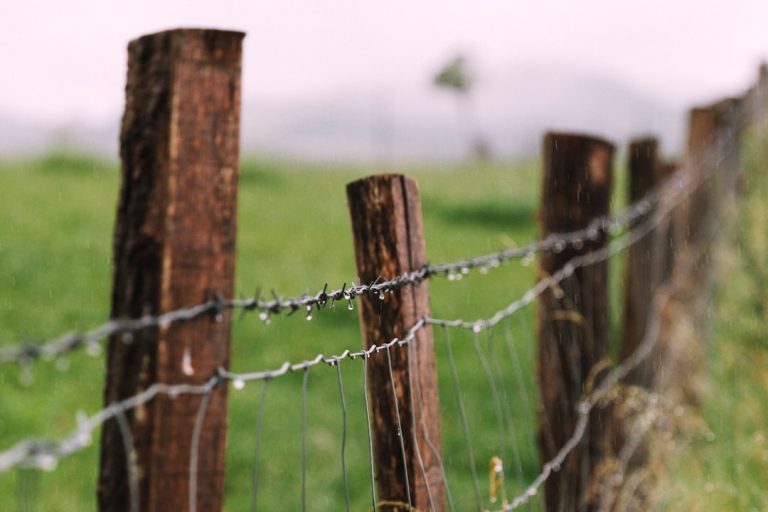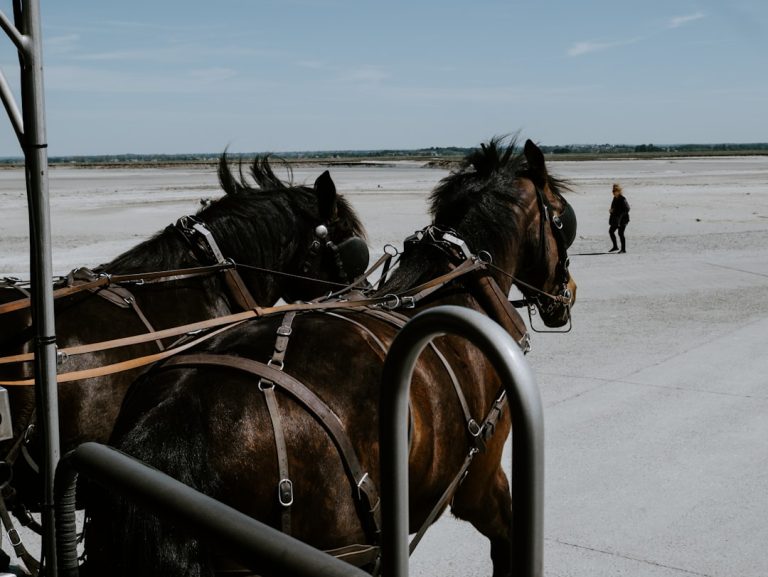
Engaging in hobbies is a fundamental aspect of human life that transcends age, culture, and geography. Hobbies serve as a vital outlet for creativity, relaxation, and personal growth. They provide individuals with the opportunity to explore their interests, develop new skills, and connect with others who share similar passions.
In a world that often prioritizes productivity and efficiency, hobbies offer a refreshing escape, allowing people to immerse themselves in activities that bring joy and fulfillment. Whether it’s painting, hiking, or playing an instrument, the right hobby can significantly enhance one’s quality of life. Moreover, hobbies can play a crucial role in mental health and well-being.
Engaging in enjoyable activities can reduce stress, alleviate anxiety, and foster a sense of accomplishment. For instance, the act of creating something—be it a piece of art or a delicious meal—can provide a profound sense of satisfaction. Additionally, hobbies often encourage social interaction, whether through clubs, classes, or online communities.
This social aspect can combat feelings of loneliness and isolation, making hobbies not just a personal pursuit but also a means of building connections with others.
Key Takeaways
- Engaging hobbies are important for mental and emotional well-being, providing a break from daily stress and routine.
- Sports and outdoor activities offer physical exercise, fresh air, and a sense of accomplishment.
- Arts and crafts allow for creativity and self-expression, providing a therapeutic outlet for stress relief.
- Cooking and baking can be a rewarding and delicious way to unwind and explore new flavors and techniques.
- Music and dance offer a fun and expressive way to release energy and connect with others.
Sports and Outdoor Activities
Sports and outdoor activities encompass a wide range of pursuits that promote physical fitness and well-being while allowing individuals to connect with nature. From team sports like soccer and basketball to individual activities such as running or cycling, these hobbies cater to various preferences and skill levels. Engaging in sports not only improves physical health but also enhances mental resilience.
The discipline required to train for a sport can translate into other areas of life, fostering a strong work ethic and perseverance. Outdoor activities extend beyond traditional sports; they include hiking, rock climbing, kayaking, and birdwatching, among others. These pursuits allow individuals to explore the natural world while reaping the benefits of fresh air and physical exertion.
For example, hiking in national parks can provide breathtaking views and a sense of tranquility that is hard to find in urban environments. Additionally, outdoor activities often encourage environmental stewardship, as participants develop a deeper appreciation for nature and its preservation.
Arts and Crafts

The realm of arts and crafts is vast and varied, encompassing everything from painting and drawing to knitting and pottery. Engaging in creative endeavors allows individuals to express themselves in unique ways while honing their artistic skills. The process of creating art can be therapeutic; it encourages mindfulness and provides an escape from the stresses of daily life.
For instance, painting can serve as a form of emotional release, allowing individuals to convey feelings that may be difficult to articulate verbally. Crafting also offers a tangible sense of accomplishment. Completing a project—whether it’s a handmade piece of jewelry or a beautifully crafted piece of furniture—can instill pride and boost self-esteem.
Furthermore, arts and crafts often foster community engagement through workshops and classes where individuals can learn from one another and share their creations. This collaborative spirit not only enhances skills but also builds lasting friendships among like-minded individuals.
Cooking and Baking
| Category | Metric | Value |
|---|---|---|
| Cooking | Recipes | 500 |
| Cooking | Ingredients | 100 |
| Baking | Recipes | 300 |
| Baking | Types of Flour | 10 |
Cooking and baking are not merely practical skills; they are also forms of art that allow for creativity and experimentation in the kitchen. The culinary world is rich with diverse flavors, techniques, and traditions that can be explored through various cuisines. Engaging in cooking can be both rewarding and educational, as individuals learn about nutrition, food preparation methods, and cultural significance behind different dishes.
For example, mastering the art of making homemade pasta not only results in a delicious meal but also connects one to Italian culinary traditions. Baking, on the other hand, often evokes feelings of nostalgia and comfort. The process of measuring ingredients, mixing dough, and watching baked goods rise in the oven can be incredibly satisfying.
Baking also has a communal aspect; sharing homemade treats with family and friends fosters connections and creates cherished memories. Whether it’s baking cookies for a holiday gathering or preparing a special dinner for loved ones, cooking and baking serve as expressions of care and creativity.
Music and Dance
Music and dance are universal forms of expression that transcend language barriers and cultural differences. Engaging with music—whether through playing an instrument, singing, or composing—can be an incredibly fulfilling hobby.
Moreover, music has been shown to have therapeutic effects; it can elevate mood, reduce stress levels, and even improve physical health. Dance is another powerful form of expression that combines physical movement with artistic interpretation. From ballet to hip-hop to salsa, there are countless styles to explore.
Dance not only promotes physical fitness but also encourages self-confidence and body awareness. Participating in dance classes or social dance events can create opportunities for social interaction while fostering a sense of community among dancers. The joy of moving to music can be infectious, making dance an engaging hobby for individuals of all ages.
Travel and Adventure

Traveling is one of the most enriching hobbies one can pursue, offering opportunities for exploration, cultural immersion, and personal growth. Whether embarking on a weekend road trip or planning an international adventure, travel allows individuals to step outside their comfort zones and experience new environments. Each destination presents unique landscapes, traditions, and cuisines that broaden one’s perspective on the world.
For instance, visiting historical sites in Europe can provide insights into different cultures while fostering appreciation for global heritage. Adventure travel takes this concept further by incorporating activities such as hiking in remote locations, scuba diving in coral reefs, or embarking on wildlife safaris. These experiences not only provide adrenaline-pumping excitement but also promote environmental awareness as travelers witness the beauty of nature firsthand.
Engaging with local communities during travels can lead to meaningful connections and lasting memories. The stories gathered from travel adventures often become cherished narratives that enrich one’s life.
Reading and Writing
Reading is a timeless hobby that opens doors to countless worlds, ideas, and perspectives. Whether delving into fiction or non-fiction, literature has the power to transport readers to different times and places while expanding their understanding of human experiences. Engaging with books fosters empathy as readers connect with characters’ struggles and triumphs.
Moreover, reading enhances vocabulary and critical thinking skills—benefits that extend beyond the pages into everyday life. Writing complements reading by allowing individuals to articulate their thoughts and feelings creatively. Whether through journaling, poetry, or storytelling, writing serves as an outlet for self-expression.
It encourages introspection and reflection while providing a platform for sharing ideas with others. Joining writing groups or participating in workshops can further enhance skills while fostering a sense of community among writers. The act of putting pen to paper—or fingers to keyboard—can be both cathartic and empowering.
Gaming and Technology
In recent years, gaming has emerged as one of the most popular hobbies worldwide, appealing to diverse audiences across age groups. Video games offer immersive experiences that combine storytelling with interactive gameplay. From role-playing games (RPGs) that allow players to embark on epic quests to puzzle games that challenge cognitive skills, there is something for everyone in the gaming world.
Engaging in gaming can enhance problem-solving abilities while fostering teamwork through multiplayer experiences. Technology has also transformed how people engage with hobbies beyond gaming. Online platforms enable individuals to connect with others who share similar interests—be it through forums dedicated to specific games or social media groups focused on various hobbies like photography or coding.
This interconnectedness allows for the exchange of ideas, tips, and resources that enrich the overall experience of pursuing one’s passions. As technology continues to evolve, so too will the ways in which people engage with their hobbies, creating endless possibilities for exploration and enjoyment.
If you’re looking to improve your English conversation skills, you may want to check out the article How to Improve English Conversation Skills. This article provides valuable tips and strategies for becoming a more confident and effective communicator in English. By honing your conversation skills, you’ll be better equipped to engage in discussions about a wide range of topics, including hobbies. Whether you enjoy painting, gardening, or playing sports, having strong conversation skills will help you connect with others and share your interests in a meaningful way.
FAQs
What are some common hobbies that English learners can talk about?
Some common hobbies that English learners can talk about include reading, cooking, gardening, hiking, painting, photography, playing musical instruments, and sports such as soccer, basketball, and tennis.
How can English learners start a conversation about hobbies?
English learners can start a conversation about hobbies by asking open-ended questions such as “What do you like to do in your free time?” or “Do you have any hobbies or interests?” This can lead to a discussion about different hobbies and interests.
Why is it important for English learners to talk about hobbies?
Talking about hobbies can help English learners practice their English language skills, expand their vocabulary, and improve their conversational fluency. It also provides an opportunity to learn about different cultures and interests.
What are some useful phrases for discussing hobbies in English?
Some useful phrases for discussing hobbies in English include “I enjoy…” “I’m interested in…” “I’m passionate about…” “I love to…” and “In my free time, I like to…”
How can English learners find common ground with others when discussing hobbies?
English learners can find common ground with others when discussing hobbies by asking questions about the other person’s interests, sharing their own hobbies, and expressing curiosity and enthusiasm about different activities. This can help build connections and foster meaningful conversations.






